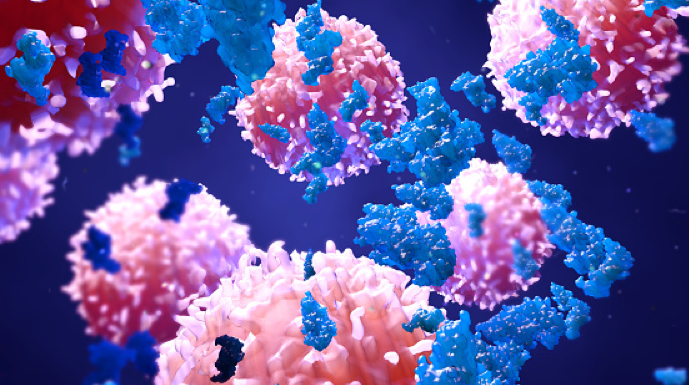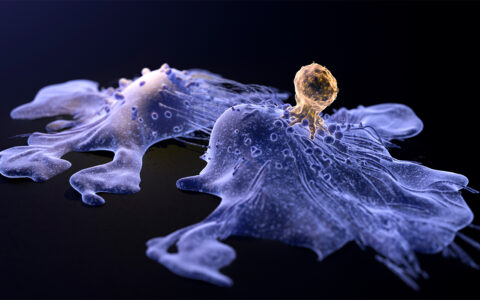CAR T cell therapy trials are burgeoning. Researchers and clinical teams are now gathering data on how the approved CAR T cell therapies can be most safely administered, and how the outcomes for patients compare to other cancer treatments.
While Vanderbilt-Ingram Cancer Center is a leader in investigating CAR T cell therapies, the center is taking a cautious approach to ensure patients receive these therapies safely, says Madan Jagasia, M.D., chief of the Hematology-Stem Cell Transplant Program at Vanderbilt University Medical Center.
Patients receiving CAR T cell treatment remain in the hospital at Vanderbilt for two to seven days following infusion. This is to monitor for two common side effects: cytokine release syndrome (occurring at a median of two days after infusion) and neurotoxicity (occurring about seven days after infusion).
Patients are discharged on day seven, after which they are seen in the clinic two or three days a week. After about 30 days, Vanderbilt’s transplant program discharges patients to referring hematologists. Monitoring continues from there.
While Jagasia is cautious, he sees strong potential in CAR T cell therapies. “If I were to project out 10 years from now, I would say that we’re going to be using CAR T cells at a much higher incidence than we do today,” Jagasia said.





